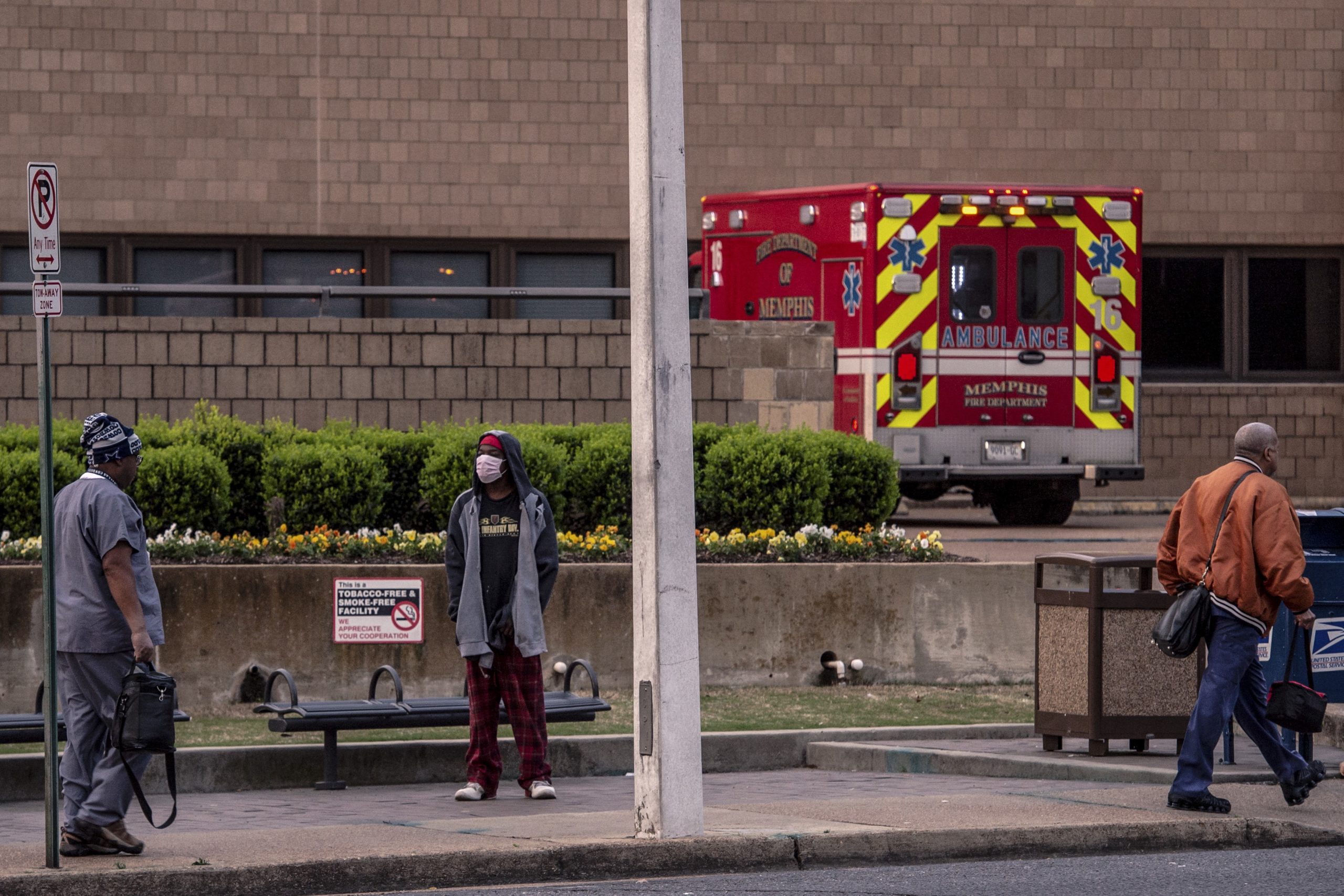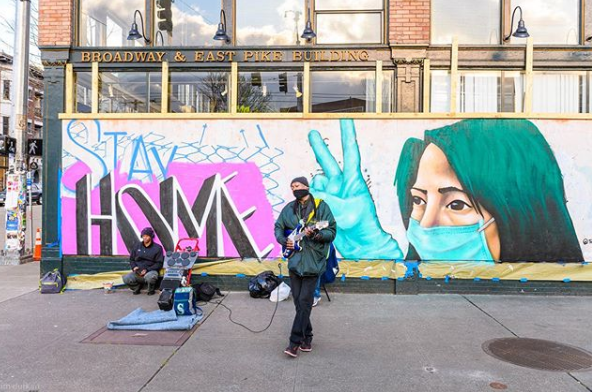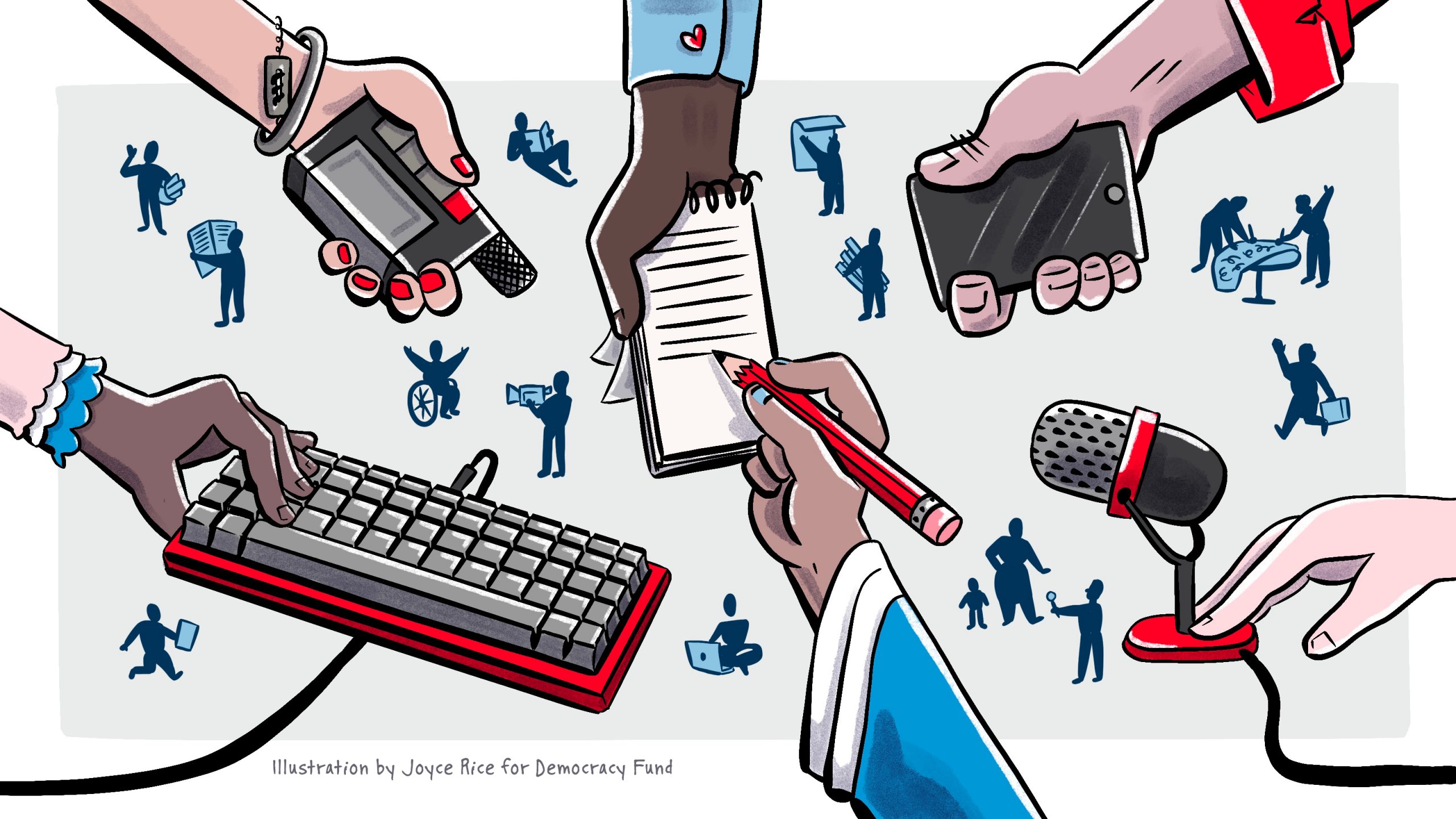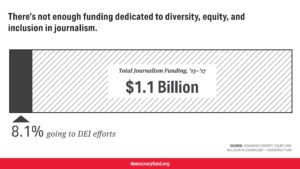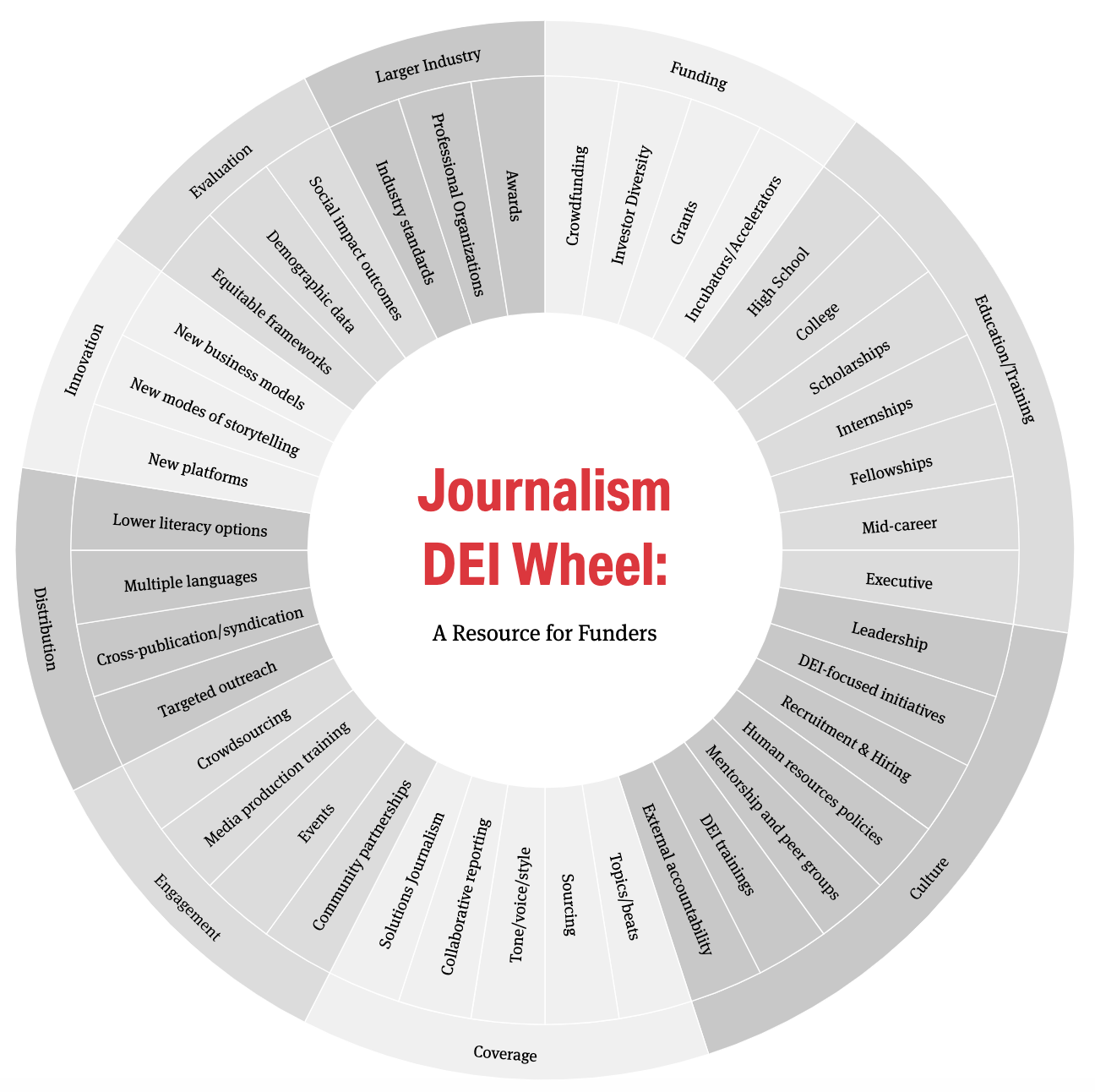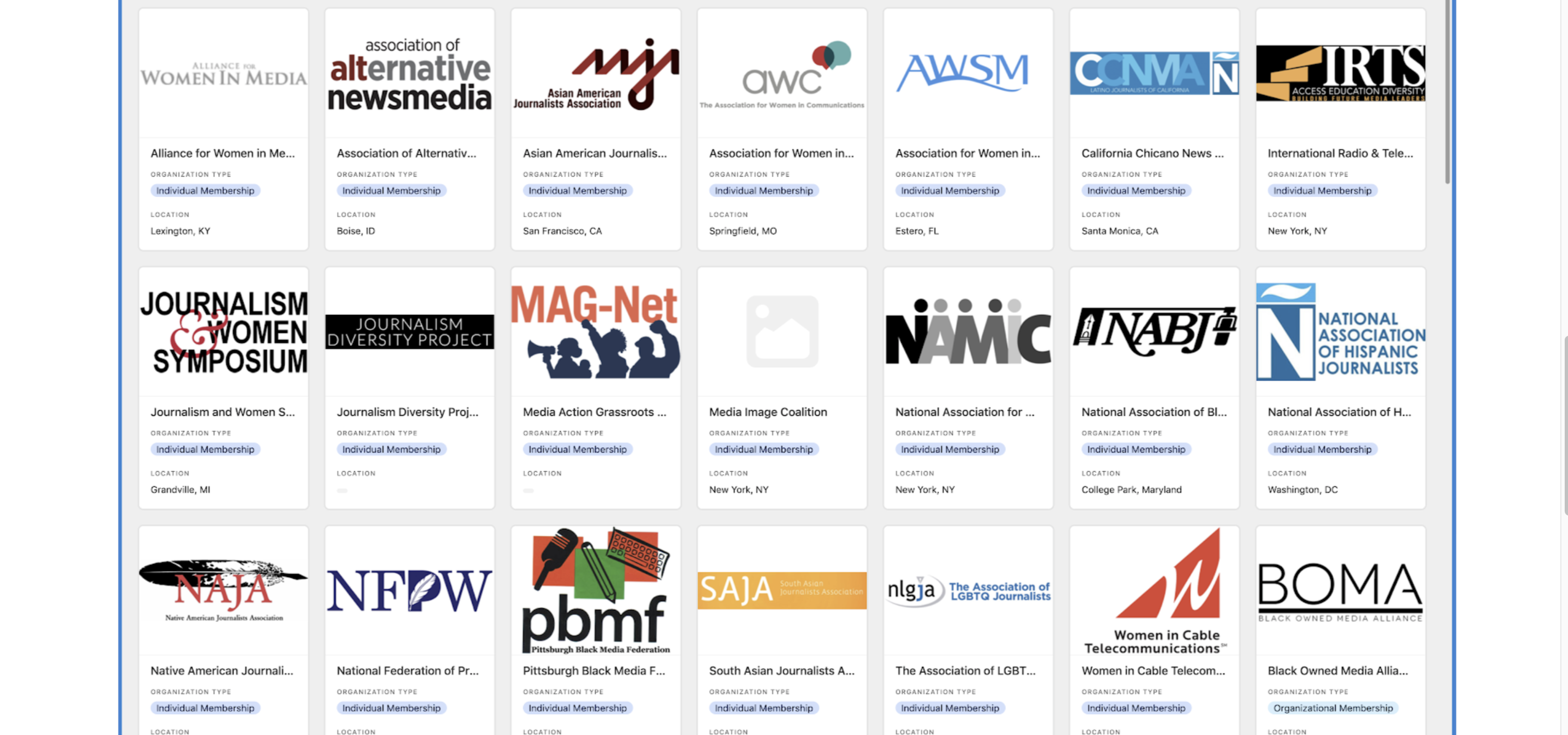Traditionally, this season is one of reflection with time to process our progress and lessons learned. Somehow, this year feels different. Perhaps it’s because the usual moments of reflection and holiday cheer are drowned out by the blaring soundtrack of the impeachment process. Or that the newscycle has served as a constant reminder of the work still ahead. Coupled with the intensity and urgency of the current landscape, strategic reflection has been unusually difficult this time of year.
Still, we are barreling toward the end of 2019 and I am thinking about overarching goals for 2020 and all that comes in the years after. I am struck by the weight of the challenges we’ll face in the new year and the tone that it sets for the next decade. At the same time, I am eager to forge ahead with determination into one of the most important election seasons of our lifetimes.
Over the next 11 months, the American people will face a critical choice that will set the course for our country and for our democracy. The election will unfold amidst an unprecedented set of challenges — from an ongoing impeachment process and a vitriolic political environment, to the threat of election interference through misinformation, cyber-security attacks, fearmongering, and suppression. Despite these challenges, the American people remain energized and all signs point to record levels of participation and voter turnout.
If we have learned anything from the unprecedented turnout of the 2018 midterm elections, it is that Americans still believe in the power of their voice and in the importance of our democracy. With that in mind, those of us in the civic sector have a responsibility to do everything we can to ensure our democracy is able to live up to its fundamental ideals.
We must support election administrators to handle record turnout and ensure the integrity of our system. We must combat misinformation and fearmongering from influencing voters’ choices as they head to the polls. We must support efforts to increase voter turnout and protect voting rights to ensure that the electorate is representative of the country. We must stand with leaders dedicated to preserving the rule of law and civil rights, and support the moral courage of those willing to hold leaders accountable. And, we must continue the slow and steady work of rebuilding our government and civic infrastructure so that we are ready for opportunities for democratic renewal.
This, and so much more, is the work that Democracy Fund and our grantees have already engaged in throughout this past year. 2019 has seen numerous important victories and signs of progress that give me faith for the journey ahead. And I know we aren’t in this fight alone, we stand alongside countless others who are also working to ensure that our democracy delivers on its promise to the American people. As the year comes to a close, I want to share a few of Democracy Fund’s 2019 highlights with you.
Ensuring the Integrity of Our Elections
The proper function of our election system is the bedrock of a healthy democracy. That’s why Democracy Fund funds grantees are working to support election officials through training and technical assistance to improve election administration. Grantees in our Election Security portfolio have partnered with election administrators and the Department of Homeland Security to provide resources and train officials in more than 20 states to respond to cyber incidents. And Democracy Fund Voice, our affiliated 501(c)(4) organization, helped secure an additional $425 million in federal funding for election security while helping states and territories implement cyber security improvements.
Understanding the Electorate
For many, the results of the 2016 election demonstrated that the tools commonly used to understand the American electorate were insufficient. Building on the success of our Voter Study Group, Democracy Fund launched Nationscape, a new public opinion project done in partnership with researchers from UCLA. This innovative study is one of the largest public opinion projects ever conducted — interviewing more than 6,000 Americans weekly and roughly 500,000 over the course of the election. Its unparalleled size and unique experiments provide a distinctive window into Americans’ opinions and priorities — allowing us to track changes over time as well discover differences between demographic and geographic groups too small to analyze (and often go overlooked) with traditional surveys. You can expect to see its findings published regularly through USA Today — the project’s media partner — and on the Nationscape website. Nationscape goes beyond horse race polls in battleground states and gets to the real issues that are driving voters and their decisions.
Standing with Historically Marginalized Communities
Democracy Fund proudly supports grantees working to protect the rights of immigrants and to empower marginalized communities in the public square, particularly when our country’s commitment to pluralism appears increasingly up for debate. This year, the National Immigration Law Center represented plaintiffs before the Supreme Court to combat the elimination of DACA. Our grantees Protect Democracy and the Immigrant Legal Resource Center worked together to win a nationwide preliminary injunction barring the Department of Homeland Security from implementing rule changes that would make it more challenging for eligible lawful permanent residents to apply for citizenship and immigration benefits.
Improving Voting Access And Protecting Voting Rights
Over the past decade we’ve seen a resurgence in local and state-level policies and legislative tactics to curb voting access. The stakes of the 2020 election make such attacks on voting rights more likely. This year, the board of directors for Democracy Fund Voice committed nearly $3 million towards a special project to defend voting rights. Together with our ongoing commitment to promoting pro-voter reforms, this work represents a significant new investment to ensure all Americans, particularly historically disenfranchised communities, are assured their right to vote.
Grantees in this portfolio had significant wins this year in making our elections more accessible to all eligible Americans. As just one example, the Texas Civil Rights Project helped defeat Bill SB9, which would have made voting substantially harder for thousands of Texans — elevating the penalty for honest mistakes to a felony offense. Our grantee Common Cause Education Fund has been another leader in this space this year, as they led discovery and litigation emerging from the release of the Hofeller Files, a political consultant’s archives that explicitly demonstrate the illegal use of race to drive election policy. Their work will have far-reaching implications for the democracy reform and voting rights community for years to come.
Meanwhile, state-level reforms to provide voters with more options and ease in the process has also advanced with 11 states modernizing election systems through adopting Automatic Voter Registration, Online Voter Registration, and by joining the Electronic Registration Information Center (ERIC) in 2019. Additionally, five states have increased their compliance with Motor Voter laws through strategic partnerships and litigation efforts supported by our grantees. As a result of AVR adoption and Motor Voter litigation, the percentage of voter registrations received nationwide at DMVs rose from 33 to 45 percent — or 35 million Americans — of total registrations between 2016 and 2018.
Protecting the Rule of Law
The health of our democracy relies on a government accountable to the Constitution, the law, and the people it represents. It depends on an understanding that government decisions are based on laws, rules, and the best interests of all Americans — not the political or personal advantage of those charged with executing them.
With the whiplash speed of each news cycle, it’s hard to believe it was only in April that the Special Counsel investigation into Russian interference in the 2016 election concluded its work. Throughout the investigation, many grantees including the Project On Government Oversight and Protect Democracy, worked tirelessly to protect its independence and ensure the special counsel investigation would be able to reach its conclusion. Once the report was released, grantees helped raise public awareness of its astonishing findings through creative and engaging mechanisms such as Lawfare’s top-rated podcast, “The Report.”
As the impeachment process has unfolded, the work of many of our grantees has helped ensure this historical process is carried out in a manner consistent with our Constitution, democratic values, and with full appreciation for justice and truth telling. In fact, the Government Accountability Project’s longstanding work to protect the rights of whistleblowers has been a mainstay well before the impeachment process. Specifically in this era when constitutional discourse tends to be politically polarized, many of our grantees offer vital education on the Constitution and its protections — like the proper use of emergency powers or the protection of government whistleblowers — and have deployed strategies in real time to ensure accuracy in public reporting.
Supporting Press Freedom
An increasing number of political attacks and strategic legal threats by those who want to silence the press continue to buffet journalists. From Twitter to town halls across America, our grantees are working to stand up for the First Amendment. The Reporters Committee for Freedom of the Press launched a public awareness campaign to emphasize the importance of protecting press freedom. This year, we also worked closely with partner funders to launch a new fund to support First Amendment legal clinics who provide pro-bono legal capacity for local newsrooms. Through these and other tactics, we aim to rebuild the infrastructure for press freedom at a time when the media is increasingly in the cross-hairs of our political debate.
Rebuilding Government and Civic Infrastructure
While much of our portfolio responds to urgent needs relating to the 2020 election, we know resolving our democratic crisis is a long-term project. This work we’re supporting will help to create a more functional government and rebuild our civic infrastructure and fabric.
In particular, the collapse of commercial media has meant that many across the country are underserved by trustworthy news that accurately reflects their community. This year, Democracy Fund became a founding partner in several new efforts to rebuild local news. Borealis Philanthropy’s Racial Equity in Journalism Fund seeks to strengthen the capacity and sustainability of news organizations led by people of color and increase civic engagement for communities of color. We also provided funding to the American Journalism Project, a new, nonpartisan venture philanthropy organization dedicated to local news which announced its first grants to 11 nonprofits just a few weeks ago. And, we continued our successful NewsMatch campaign, which this year exceeded fundraising goals to provide matching funds to nearly 200 newsrooms in 44 states.
Efforts to rebuild are also bearing fruit in Congress despite the rancor of the impeachment process. In January, the new Congress established the first congressional reform committee in more than a quarter century after years of diligent effort by grantees funded by both Democracy Fund and Democracy Fund Voice. The Select Committee on the Modernization of Congress, which issued nearly 30 recommendations to ensure Congress is an effective 21st Century workplace, has been supported by grantees like Bipartisan Policy Center, R Street Institute, Demand Progress Education Fund, Congressional Management Foundation, and many other organizations—providing regular technical expertise, testimony, and counsel to the committee throughout its deliberations. Together with new House rules, Legislative Branch appropriations bills, and other reforms, the Committee provides hope for a renewal of congressional function. We look forward to what lies ahead for the Committee’s continued work in 2020.
Combating Misinformation and Fearmongering
In 2020, we can expect to see the online misinformation tactics employed in 2016 to continue to evolve and spread in an attempt to influence how voters shape their decisions at the polls in 2020. Bold leadership from all social media platforms is necessary to strengthen our digital public square and preserve a healthy democracy. Moving forward, it is imperative that these companies exhibit more transparency, address misinformation, and end racially biased algorithms.
In 2019, Democracy Fund and its grantees, like Change the Terms, helped build and expand the coalitions of organizers, lawyers, and scholars needed to track these information campaigns and push back on platform inaction. Our efforts have and will continue to focus on the effects of targeted misinformation on women and people of color as well as studying political ads as a vector for efforts to harass and mislead.
Encouraging Others to Join the Fight
Finally, Democracy Fund increased our efforts to rally new philanthropic support towards a healthy democracy in 2019. Recognizing that the 2020 election may draw new philanthropic champions into the fight, our new team supporting these efforts will expand our efforts to build new capacity for the field through educational events, publications, and individual philanthropic advising.
As we look towards next year, philanthropy can do more to fight for the protection of our democracy by focusing on four priorities:
- Ensure that the 2020 electorate represents the American people through voter education and mobilization, and by protecting the right to vote;
- Ensure that our system is not compromised by supporting the smooth administration of our election and election security efforts;
- Ensure that misinformation and fearmongering doesn’t sway voters and further divide this country; and
- Continue to prepare for the opportunities and threats that may come next.
When Pierre Omidyar and I began thinking about how his philanthropy could be leveraged to strengthen our democracy, we had no idea American democracy would soon be entering this period of crisis — but I now realize Democracy Fund was built for this moment. Over the past five years, our strategies have responded to emerging threats, and we’ve invested more than $150 million towards improving the health of our democratic institutions and protecting the values we hold dear. As we enter 2020, we are proud to stand shoulder to shoulder with you and give it everything we have so we can end the year with absolutely no regrets.
